Kamal Kharrazi, a former foreign minister and the head of Iran’s Council of Foreign Relations Strategy who is appointed by Ayatollah Khamenei, recently announced that Iran has the ability to make an atom bomb.
"In a few days we were able to enrich uranium up to 60 percent, and we can easily produce 90 percent enriched uranium,” Kharrazi told Al-Jazeera TV on Sunday. “Iran has the technical means to produce a nuclear bomb, but there has been no decision to build one.”
In an ordinary situation, a statement this bald, by any official from any country, could be construed as a threat – or at least, as highly unusual. Most states would not declare such a thing impromptu, in an interview with a foreign broadcaster, for strategic as much as diplomatic reasons. In context, however, whether any party should take Kharrazi’s statements seriously is up for debate.
The average country’s ability to build an atom bomb – or not – is something international bodies like the International Atomic Energy Agency (IAEA) make it their mission to evaluate from afar, generally with a good degree of accuracy. By taking into account the existing nuclear know-how, known uranium reserves, the stock of enriched uranium and related equipment, the IAEA can estimate how long it would take an inclined state to reach the so-called “nuclear escape point”.
The fact is that Iran’s ability to make nuclear weapons is not an unknown quantity. Despite the obstacles thrown in their path down the years, bodies like the IAEA have a good idea of how close or far Iran is from that “point of no return”.
As such, Kharrazi’s intervention was not only odd, but unnecessary. His role is one of the many appointed directly by Supreme Leader Ayatollah Khamenei, but he has no responsibilities in this department. Had the statement come from the head of Iran’s own Atomic Energy Agency, or from a body like the Defense Ministry, it would have been a different matter.
Simultaneously though, Mohammad-Javad Larijani, a conservative politician and advisor to Khamenei on foreign affairs, made similar statements to the press. This has given rise to the suspicion that there may be a coordinated, Khamenei-approved effort under way to amp up the pressure on third countries. Putting the words in the mouths of less-qualified parties allows them to be denied later if necessary.
A Last Stand Against US ‘Apathy’?
The much-publicized visit by US President Joe Biden to Israel and Saudi Arabia this week has filled the ruling establishment in Iran with renewed unease. In Israel, Biden re-iterated that he would not remove the IRGC from the list of Foreign Terrorist Organization even if leads to the demise of hopes for a fresh nuclear deal.
Internally in Iran, this has led to the nascent worry that Tehran will genuinely not to be able to pressure either Washington or Biden to do otherwise. The IRGC definitively not being removed from the sanctions list has also been a blow as this was regarded by the deep state as paramount.
Some time ago, Foreign Minister Hossein Amir Abdollahian claimed on the record that some IRGC commanders had told him that revival of the JCPOA “need not wait” for the de-blacklisting of the Guards. When the comments were published, Hossein Shariatmadari, Khamenei’s official representative overseeing the hardline newspaper Kayhan, attacked him so harshly in its pages that Amir Abdollahian was forced to retract his statements just a few hours later.
The Islamic Republic’s calculations regarding when, and how, to put pressure on the international community over a nuclear deal have so far come to nothing. So great is the sense of resignation that recently Mohammad Marandi, a figure with strong links to Khamenei’s office, recently said the US had “lost interest” in reviving the JCPOA. The statements by less-than-qualified officials this week may be an attempt to put this theory to the test.
And indeed, the strongest response to Kharrazi’s Al-Jazeera interview came not from the US but from Israel. The next day Aviv Kohavi, Chief of Staff of the Israeli Defense Forces, said it was “a moral obligation and a national security imperative” to prepare a military response to Iran’s nuclear activities. “The IDF continues to prepare vigorously for an attack on Iran, and must prepare for every development and every scenario,” he said.
This was not the response the Islamic Republic was hoping for. In fact in time, it will probably prove to have been an own goal.
visit the accountability section
In this section of Iran Wire, you can contact the officials and launch your campaign for various problems




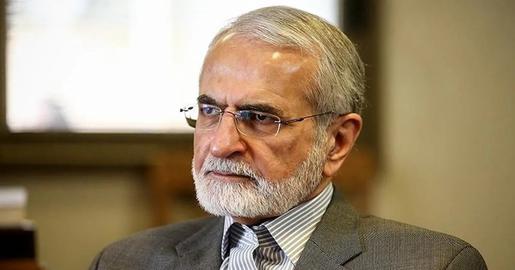
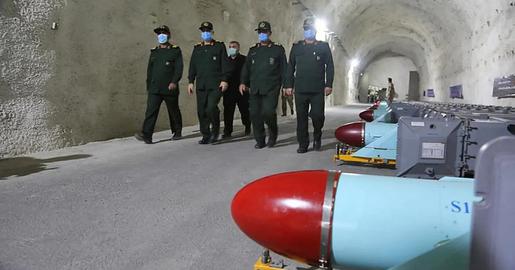





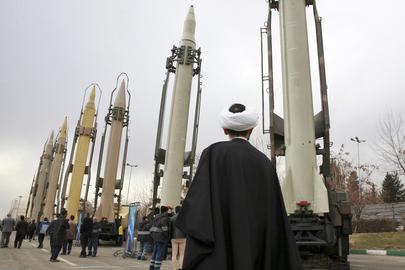
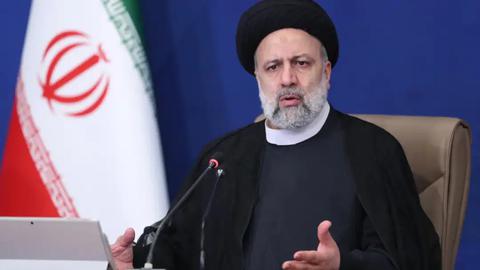
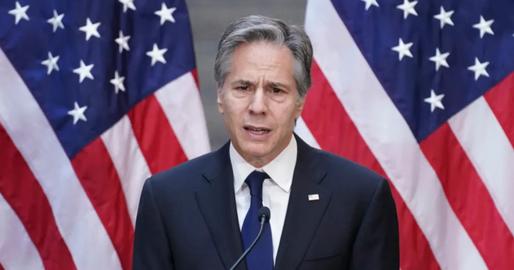












comments